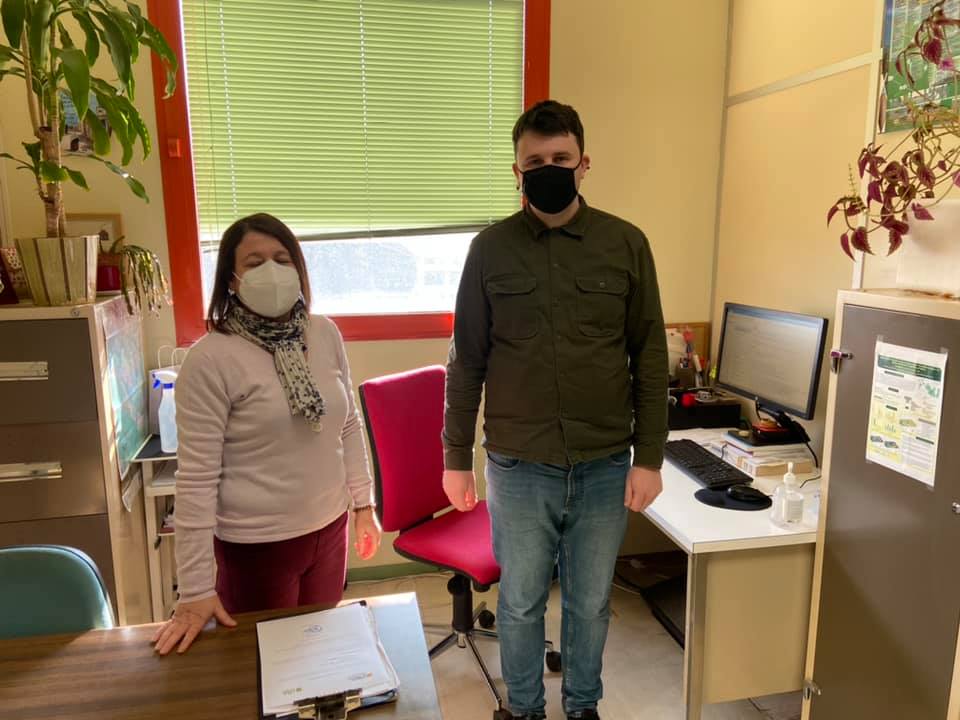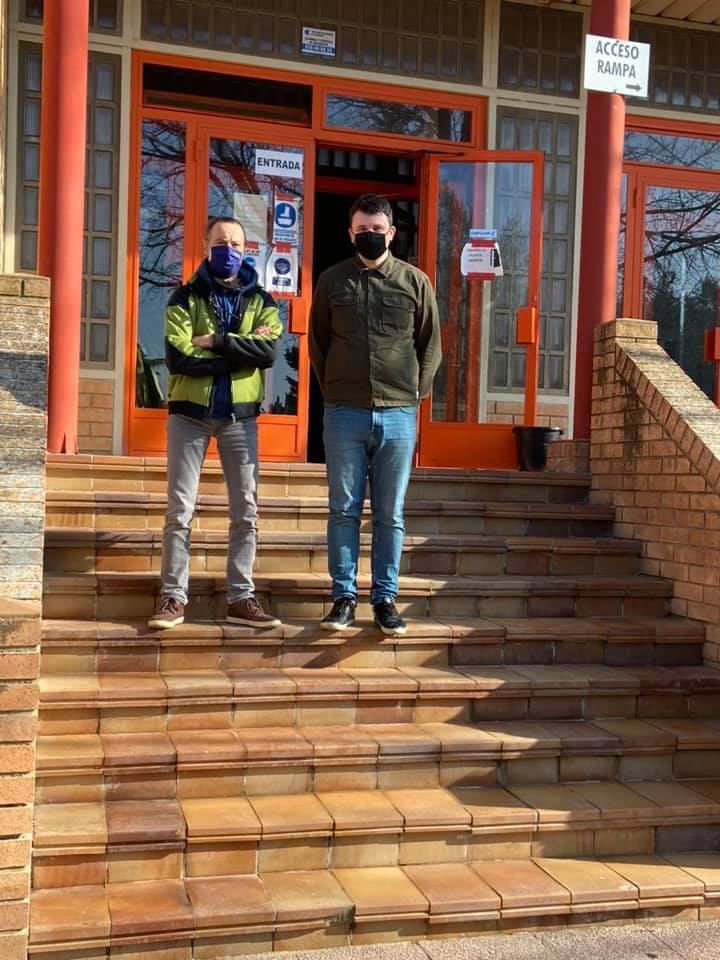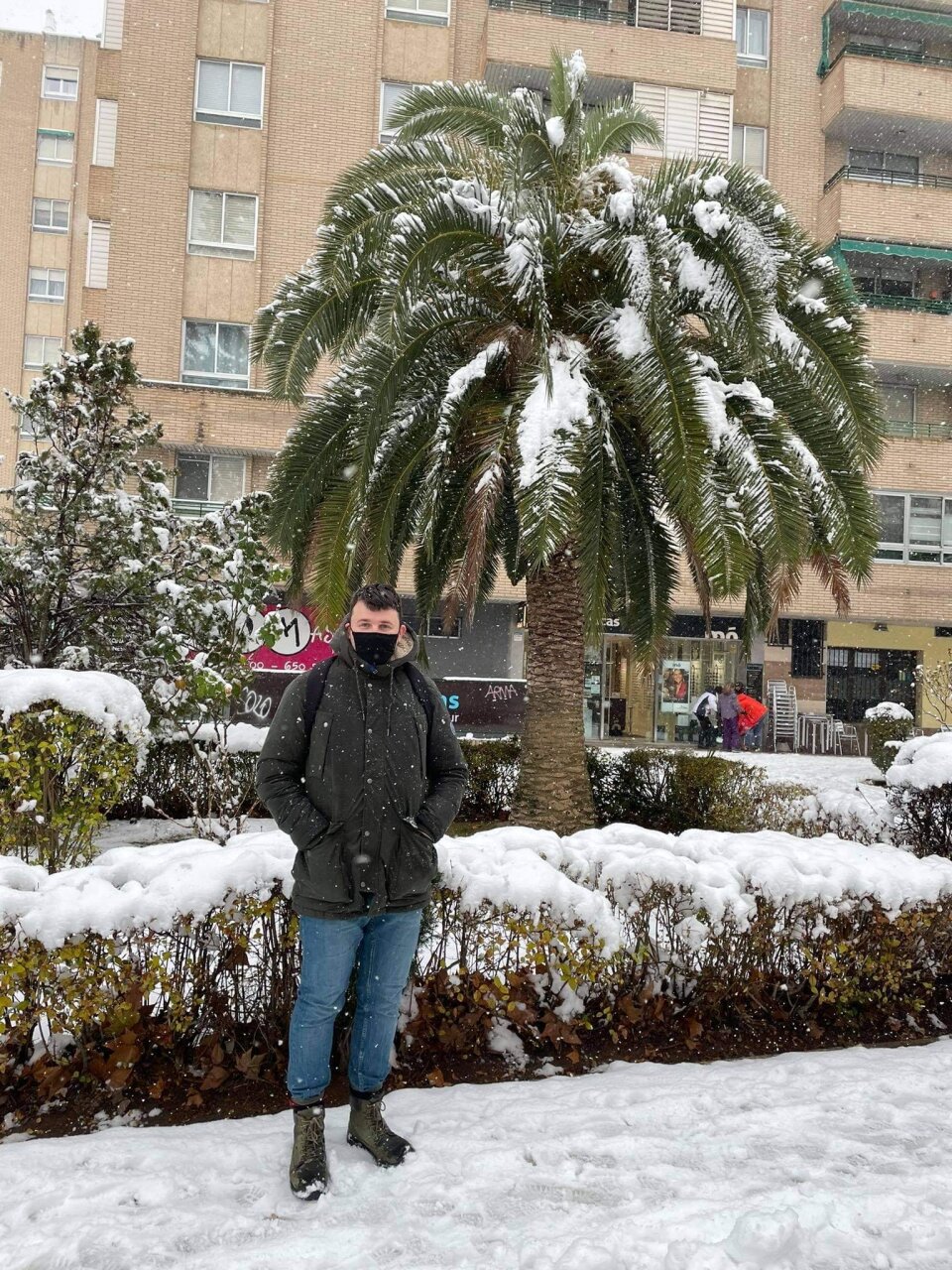
This year from 8 January to 13 February, dr. Renaldas Žydelis, the researcher of the Department of Plant Nutrition and Agroecology in LAMMC Institute of Agriculture, had an internship at the Agrifood Research and Technology Centre of Aragon, Spain. The aim of the internship was to calculate the water requirements of maize grown in the agroclimatic zone of central Lithuania and to determine the optimal irrigation terms.
To achieve this aim, the possibilities of applying the computer model AquaCrop (http://www.fao.org/aquacrop/en/), which is designed to simulate the yield of various agricultural crops, under Lithuanian environmental conditions, were assessed. The operation of the AquaCrop model is based on the water balance equation, therefore, this model is usually used to solve various issues related to irrigation planning or the lack of moisture.
The AquaCrop model was developed by the Food and Agriculture Organization of the United Nations (FA0); since then it has been periodically updated and the latest version of this model (AquaCrop 6.1) was released in May 2018. This model fits more than 15 different agricultural crops, therefore, it is characterized by rather wide possibilities to be used in solving various agricultural issues.

Dr. Renaldas Žydelis and dr. Farida Dechmi
The internship supervisors (dr. Farida Dechmi and dr. Ramon Isla) shared their experience related to working with different agronomic models. It was discussed how AquaCrop model could be applied in the calculation of maize water requirements as well as in the identification of the growth and development stage which is the most suitable for maize irrigation.

Dr. Renaldas Žydelis together with dr. Ramon Isla
During the internship, the AquaCrop model was calibrated using the experimental data obtained during the maize experiments performed in 2015-2017 and 2019 in Lithuania. The data contained biomass and grain yield increase, leaf area, soil moisture variation at different depths, soil water holding capacity characteristics, detailed soil profile descriptions, and other experimental results that best reflected maize vegetation in the years of research.
The model which was optimised/adapted to the Lithuanian agro-climatic zone and the maize variety was used to calculate the water requirements during the maize vegetation period and the optimal irrigation terms were determined taking into account the needs of the plant. In order to assess the impact of the changing climate zone on maize water requirements, it is planned to use historical meteorological data from 1980-2020 for model simulations in further cooperation with the supervisors of the internship.
The internship at the Aragon Agrifood Research and Technology Centre helped to develop theoretical and practical skills in the area of plant modelling as well as to make valuable contacts with researchers of the Spanish Research Centre which will surely contribute to further cooperation.
